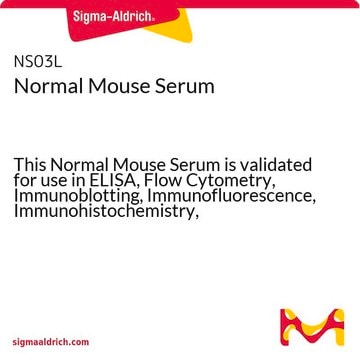Recommended Products
form
solution
Quality Level
IVD
for in vitro diagnostic use
concentration
27 mM
pH
3.6±0.1 (25 °C)
application(s)
hematology
histology
shipped in
wet ice
storage temp.
2-8°C
SMILES string
[Na+].[Na+].[Na+].OC(CC([O-])=O)(CC([O-])=O)C([O-])=O
InChI
1S/C6H8O7.3Na/c7-3(8)1-6(13,5(11)12)2-4(9)10;;;/h13H,1-2H2,(H,7,8)(H,9,10)(H,11,12);;;/q;3*+1/p-3
InChI key
HRXKRNGNAMMEHJ-UHFFFAOYSA-K
Looking for similar products? Visit Product Comparison Guide
Application
Components
Storage Class Code
12 - Non Combustible Liquids
WGK
nwg
Flash Point(F)
Not applicable
Flash Point(C)
Not applicable
Certificates of Analysis (COA)
Search for Certificates of Analysis (COA) by entering the products Lot/Batch Number. Lot and Batch Numbers can be found on a product’s label following the words ‘Lot’ or ‘Batch’.
Already Own This Product?
Find documentation for the products that you have recently purchased in the Document Library.
Customers Also Viewed
Our team of scientists has experience in all areas of research including Life Science, Material Science, Chemical Synthesis, Chromatography, Analytical and many others.
Contact Technical Service













